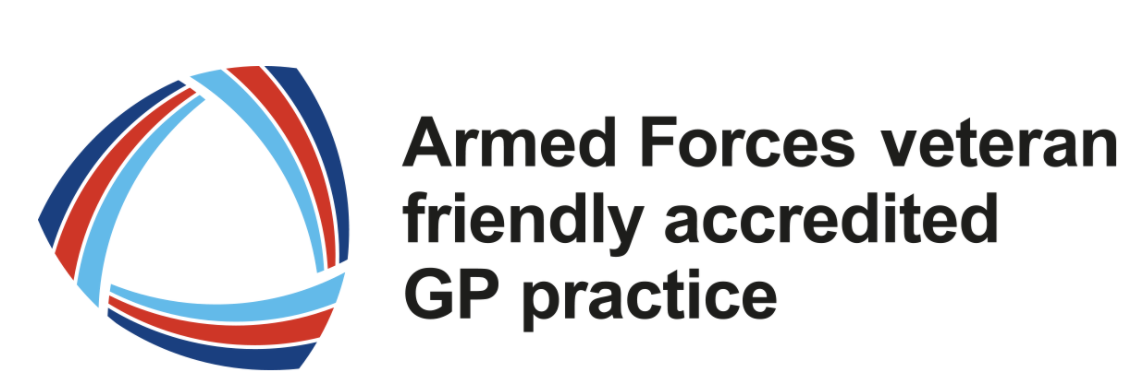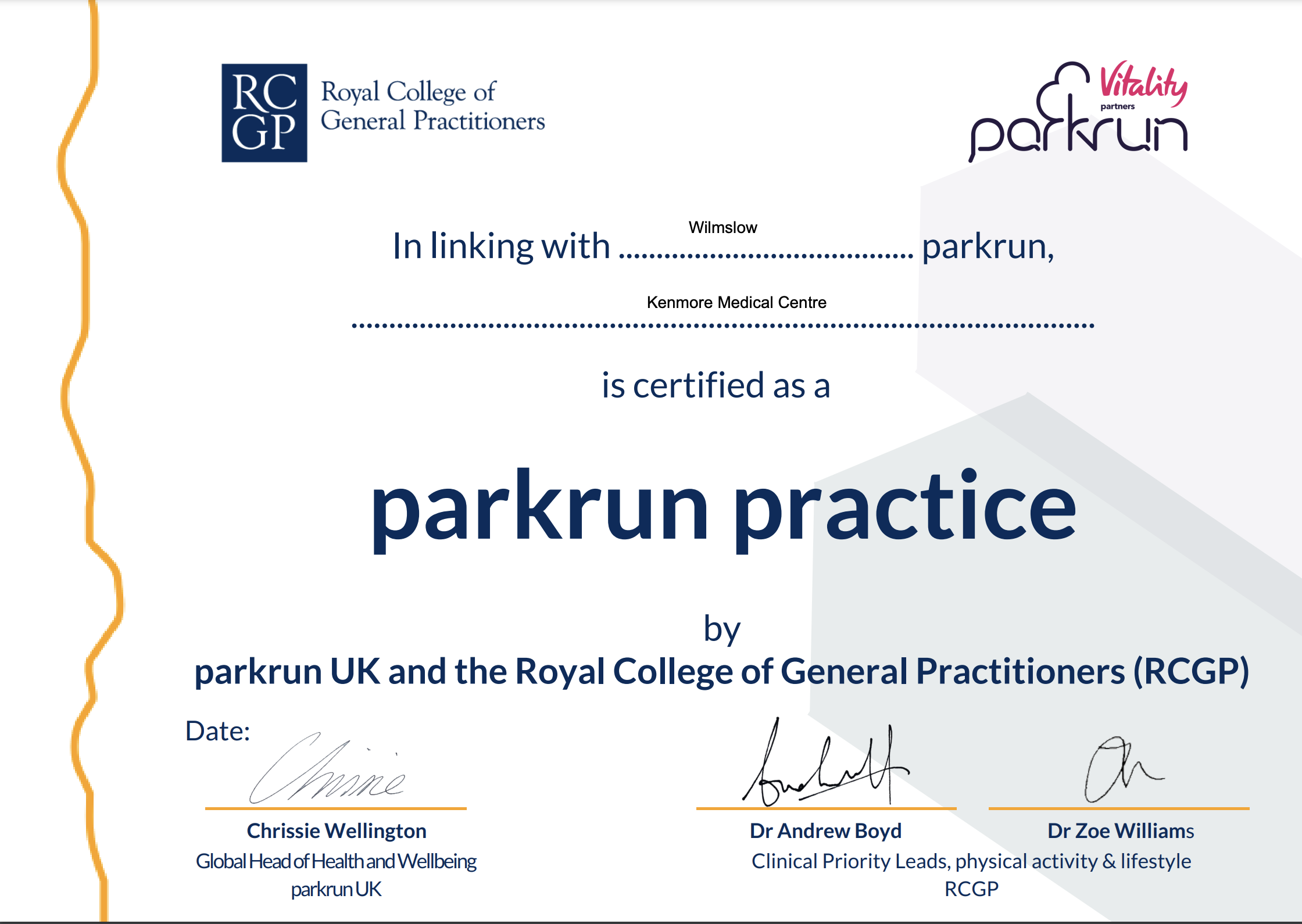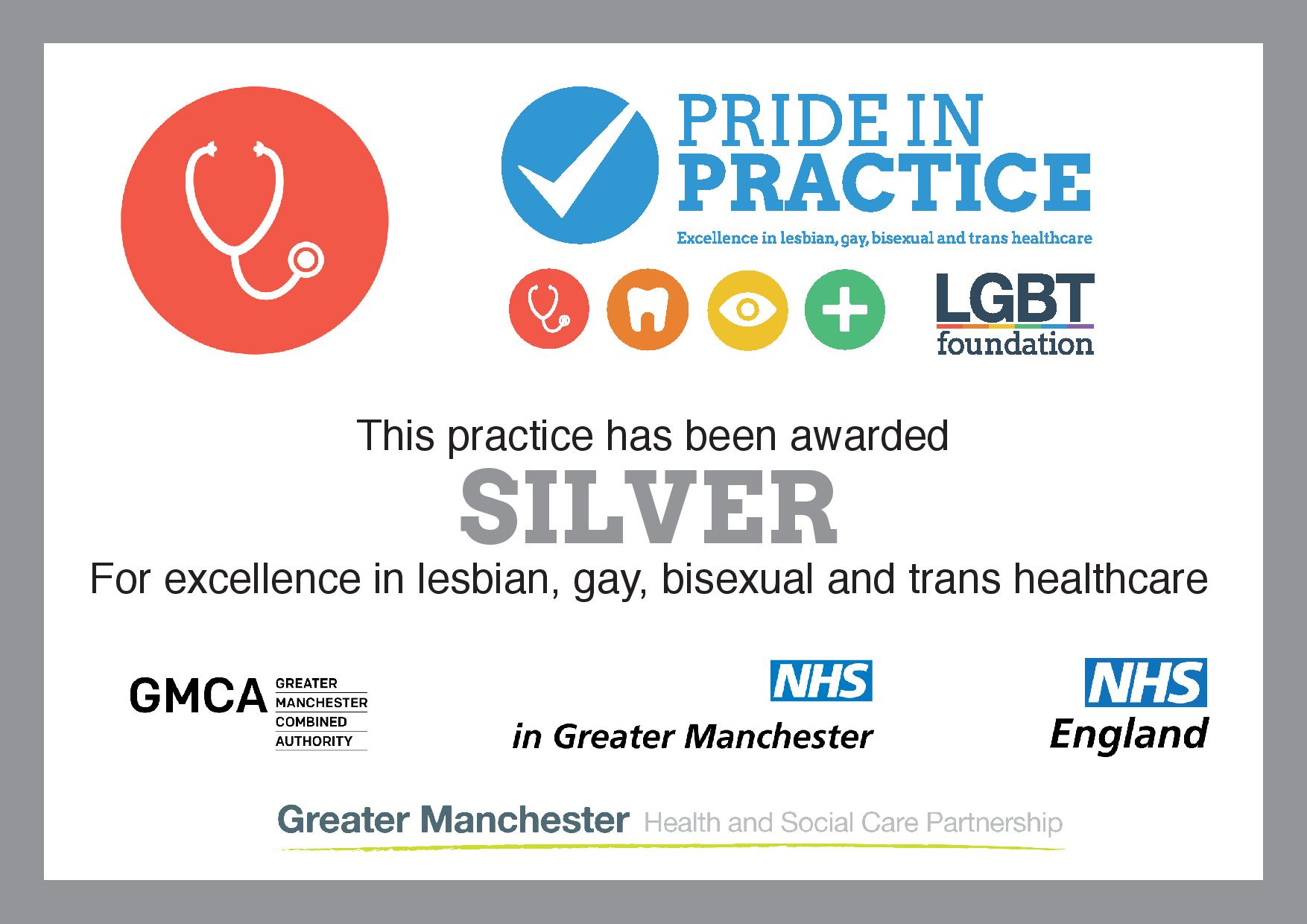Kenmore Medical Centre Policy on benzodiazepines and related medication for fear of flying, dental work, scan or other investigations
Background
Benzodiazepines (e.g. diazepam, zopiclone, temazepam, clonazepam) have been around since the 1960’s for treatment of a wide range of conditions such as alcohol withdrawal, anxiety, epilepsy, mental health disorders and muscle spasms.
As time has gone on, we have found a significant side effect profile caused because of using these medications such as having an impact on memory and causing difficulties with memory, problems with co-ordination, concentration, and reaction times. They are also addictive medication and withdrawal from them can lead to hallucinations, seizures, agitation, and confusion.
Unfortunately, benzodiazepines have become a widely used drug of abuse over time as well.
Because of these reasons, in the UK benzodiazepines are controlled drugs and is considered a Class C/Schedule IV controlled drug. This means there are restrictions and monitoring of how much is prescribed.
Policy decision
People often come to GP’s requesting we prescribe diazepam for fear of flying or to assist with sleep during flights. As a practice, Kenmore Medical Centre has taken the decision that we will not prescribe benzodiazepines for this purpose.
Reasons
- The use of any sedating drug causes longer reaction times and slower thinking which during a flight may put yourself and or other passengers at significant risk of not being able to act in a manner which could save life in the event of an emergency.
- The use of any CNS depressant has the potential to increase the risk of Deep Vein Thrombosis (DVT) also known as blood clots.
- For some countries it is illegal. They could be confiscated, or worse, you could find yourself in trouble with the police for having possession of them.
- National guidelines advise that medication should not be used for mild and self-limiting mental health disorders and/or phobias.
- Use of these medications increases the risks of falls and accident.
- Benzodiazepines can stay in your system for a long time. If your job requires you to submit random drug testing, then you may fail this.
- According to the BNF (guidelines GP’s following for prescribing) benzodiazepines are contraindicated (not allowed) in treating phobia. It states, ‘the use of benzodiazepines to treat short-term mild anxiety is inappropriate’. They are only licensed for short term use for a crisis. If this is the case, you should be receiving support for your mental health and consider whether taking a flight is a sensible decision. Your GP would be taking a significant risk in prescribing these medications for you.
What you can do
We appreciate fear of flying is very real and very frightening. The recommended approach to managing this fear is by considering attending a specific fear of flying course or engaging in psychological therapy such as cognitive behavioural therapy (CBT). For those who still wish to consider benzodiazepines, we would suggest you consult with a private doctor or travel clinic who may be able to offer you a private prescription.
https://www.nhs.uk/mental-health/conditions/phobias/self-help/
https://www.anxietyuk.org.uk/anxiety-type/fear-of-flying/
https://www.fearlessflyer.easyjet.com/
https://www.flyingwithconfidence.com/
Other situations
We also do not provide prescriptions of benzodiazepines for dental procedures, prior to scans or hospital procedures. The responsibility for this lies with the individual carrying out the treatment / procedure. Responsibility to prescribe this does not rest with your GP. If you do require a prescription, we recommend you contact your dentist or the person carrying out the procedure and discuss with them further. They may prescribe it if they feel it is appropriate.





